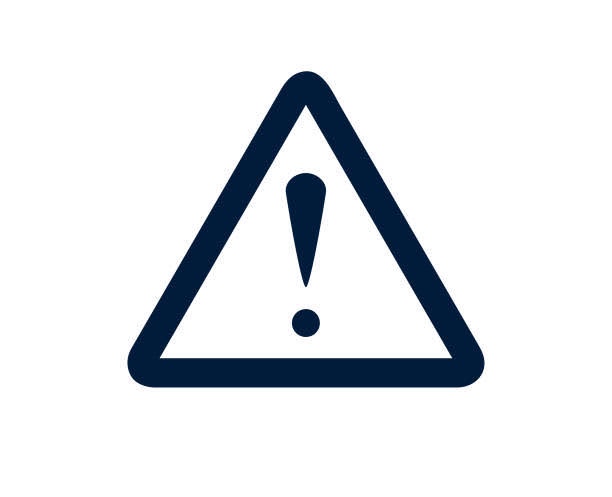SAFETY / CAR CARE
10 tips on road safety

To travel safely to your destination, there are certain road safety tips you ll have to adopt to ensure a safe trip. Here are some road safety tips.
1. Plan your trip before you leave
Before starting the trip it is advisable to consult routes, alternatives, congestion and weather conditions. Avoiding unforeseen events and knowing the route will make us much safer.
2. Check the car before starting the trip
It is important to have good maintenance and check that everything is ready to go: steering, lights, brakes, suspension, tires, oil levels, windshield wipers, coolant and brakes. In the case of rental cars, the AVIS company makes sure that everything is ready and ready for use, carrying out an intense task of checking the vehicles, so that the client does not have to worry about car maintenance and can undertake the trip in a calm and safe way.
3. Make sure you have everything you need in order :
valid driving license, insurance receipt (it is not necessary to bring the receipt, although it is advisable), vehicle registration certificate or provisional authorization issued by the Traffic Headquarters, technical characteristics card of the vehicle and, finally, a favorable report from the Vehicle Technical Inspection (ITV). Although it is not mandatory either, it is advisable to also bring the receipt for the payment of the municipal circulation tax.
4. Rest every two hours
Fatigue and sleepiness while driving are causes of accidents. On long journeys it is important to be well hydrated, so it is advisable to always carry water for the trip.
5. Don’t over speed
The established speed must be respected and adapted to the circumstances of the road as well as the weather conditions. 22% of fatalities in 2013 were related to driving at an inappropriate speed, according to data provided by the State Association of Accident Victims DIA. We must also respect the safety distance. This way we will have time to act and stop before possible unforeseen events.
6. Do not consume alcohol or drugs and do not take drugs that affect driving
If the consumption of drugs and alcohol by drivers were eliminated, 1,000 lives could be saved each year, says DIA. Increased reaction time, coordination problems, misperception of speed and vision problems are just some of the effects of alcohol on driving.
7. Safety belt
All occupants must use a seat belt and especially minors who must be properly secured in their child restraint systems.
8. Children should not ride in front seat
They must always go in the rear seats and with the retention device adapted to their size and weight if they measure less than 1.35 m. In case of having a height equal to or greater than 1.35m and being under 12 years of age, they may use an approved retention device or the seat belt indistinctly. The person responsible will always be the driver.
9. Avoid distractions
They are the cause of four out of ten accidents with fatalities, declares DIA. The use of a mobile phone while driving multiplies by four the risk of having an accident. There are many other daily acts that drivers carry out while driving that also cause driving distraction: lighting a cigarette, manipulating the radio or navigation devices… Taking your eyes off the road, even for seconds, can be decisive. These situations can result in not seeing a crossing pedestrian or not seeing the vehicle in front stop.
10. Be responsible also in your destination
It is very important to be cautious during the trip but also at the destination itself. If it is necessary to take the car to get around, even if it is a five-minute drive (to go down to the beach or to go to the beach bar), it is necessary to always use the belt and the child restraint system. You should not drive with pigs as it limits the proper mobility of the feet and will prevent braking or accelerating easily.
-

 AVIATION5 years ago
AVIATION5 years agoPhoto News: Air Peace commence flight operations to South Africa
-

 Car News5 years ago
Car News5 years agoPolestar is recalls over 2000 electric cars due to software bug
-

 RAIL5 years ago
RAIL5 years ago36 Killed in Pakistan Train Accident
-

 Technology5 years ago
Technology5 years agoCommon mistakes in CO₂ emissions calculations
-

 Business5 years ago
Business5 years ago2016 Volvo XC60 review and specifications
-

 Reviews5 years ago
Reviews5 years ago2021 Audi A6 Specifications and Review
-

 SAFETY / CAR CARE5 years ago
SAFETY / CAR CARE5 years agoHandbrake warning light; what it means and what to do
-

 Reviews3 years ago
Reviews3 years agoDebutant Kia’s new K8 sedan benchmarks luxury, safety
